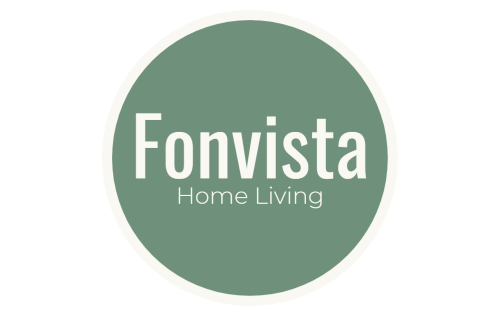How Organized Are You, According to Your Enneagram Type?
Introduction
Organization can play a significant role in our daily lives, affecting everything from work efficiency to personal well-being. However, not everyone approaches organization in the same way. In this article, we will explore how different Enneagram types approach organization and what it reveals about their personalities.
The 9 Enneagram Types
The Enneagram is a model of nine personality types that helps us understand how we perceive and respond to the world around us. Each type has its unique characteristics and tendencies, including specific approaches to organization.
Type One: The Perfectionist
Type Ones are known for their strong sense of responsibility and desire for order and structure. They have high standards for themselves and others and are quick to notice when things are out of place. This attention to detail makes them naturally organized individuals who value tidiness and cleanliness.
Type Two: The Helper
Type Twos are empathetic and caring individuals who prioritize relationships and helping others. They are often very organized, using their organizational skills to ensure they can effectively support those around them. However, they may struggle with balancing their own needs and may neglect their own organization in favor of helping others.
Type Three: The Achiever
Type Threes are driven and ambitious individuals who value success and efficiency. They are naturally organized and prioritize productivity, using their organizational skills to meet their goals and achieve success. However, they may become overly focused on their image and lose sight of the importance of maintaining a balanced and organized life.
Type Four: The Individualist
Type Fours are creative and introspective individuals who value their individuality and uniqueness. They may struggle with organization, as their free-spirited nature can lead them to prioritize creativity over structure. However, when they do apply their organizational skills, they bring a unique and creative touch to their systems.
Type Five: The Investigator
Type Fives are analytical and curious individuals who value knowledge and understanding. They can be highly organized, using their logical minds to create effective systems for storing and accessing information. However, they may struggle with prioritizing and delegating tasks, becoming overwhelmed by their responsibilities.
Type Six: The Loyalist
Type Sixes are dependable and responsible individuals who value security and stability. They are often highly organized, using their systems to promote a sense of security and reliability in their lives. However, they can also struggle with decision making and may become indecisive, leading to disorganization.
Type Seven: The Enthusiast
Type Sevens are energetic and optimistic individuals who value excitement and adventure. They may struggle with organization, as their spontaneous nature can lead them to prioritize experiences over structure. However, with effort and focus, they can apply their inventive and energetic personalities to create innovative and effective organizational systems.
Type Eight: The Challenger
Type Eights are confident and assertive individuals who value control and power. They are natural leaders and can be highly organized, using their determination and strength to create efficient systems. However, they may struggle with delegating tasks and may become overly controlling, leading to tension in their personal and professional relationships.
Type Nine: The Peacemaker
Type Nines are easy-going and peaceful individuals who value harmony and stability. They may struggle with organization, as their peaceful nature can lead them to prioritize avoidance of conflict over structure. However, with patience and persistence, they can use their calming influence to create organized and harmonious systems.
Conclusion
In conclusion, each Enneagram type approaches organization differently, reflecting their unique personalities and tendencies. Understanding your Enneagram type can help you identify your strengths and challenges when it comes to organization, allowing you to make improvements and create systems that work for you.
Tips for Improving Organization
No matter your Enneagram type, there are steps you can take to improve your organization:
- Prioritize and delegate tasks
- Create a routine and stick to it
- Use tools such as calendars, to-do lists, and note-taking apps
- Evaluate and adjust your systems regularly
- Set realistic goals and expectations
By focusing on these tips and taking the time to understand your Enneagram type, you can improve your organization and better manage your daily life.
Final Thoughts
In conclusion, our approach to organization reveals much about our personalities and tendencies. By exploring how different Enneagram types approach organization, we can gain insight into our own tendencies and work to improve our own systems. Whether you are naturally organized or struggle with structure, by using the tips and tricks outlined in this article, you can create effective organizational systems that work for you.




